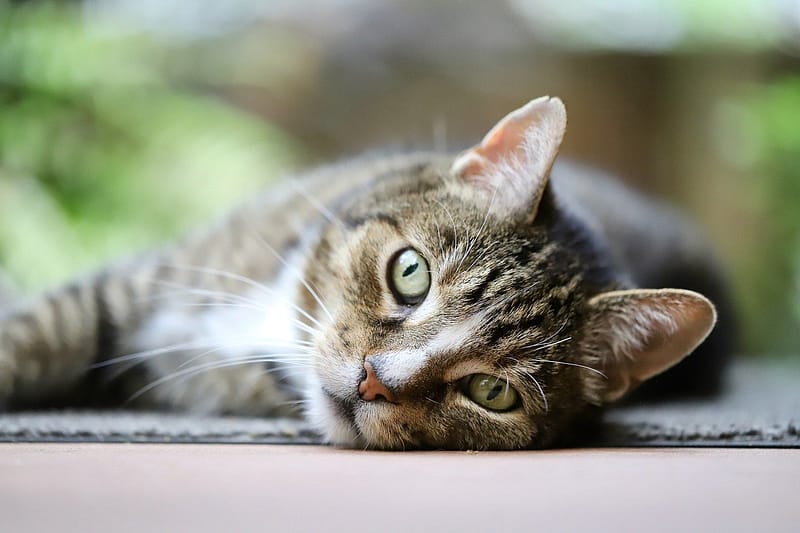Understanding Coughing in Cats

Caring for our beloved feline friends involves being attuned to their health and recognizing potential signs of underlying issues. One significant concern is the connection between coughing and respiratory disease in cats. Here’s what every cat owner should know:
Coughing in Cats: Which system to blame? The respiratory.
Cat owners: What can I do when my cat is coughing?
The Importance of Prompt Diagnosis and Treatment
Holistic Approach to Management
Regular Vet Visits and Monitoring
Coughing in Cats: Which system to blame? The respiratory.
Coughing in cats can be caused by issues in the respiratory system. Determining the underlying cause often requires a veterinary examination and diagnostic tests. Here’s a breakdown:
Respiratory System: The respiratory system in cats consists of the upper respiratory tract, including the nose, nasal cavity, and pharynx, as well as the lower respiratory tract, which includes the larynx, trachea, bronchi, and lungs. Any infection, inflammation, or malformation along these respiratory pathways may trigger coughing in cats.
A thorough veterinary examination, including blood tests, chest radiography, and other diagnostic tools, is often necessary to pinpoint the exact cause and provide appropriate treatment.
Cat owners: What can I do when my cat is coughing?
If your cat is coughing, it’s essential to take action to determine the underlying cause and provide appropriate care. Here are the steps you can take when your cat is coughing:
Keep an eye out for labored breathing, especially after exercise or when resting.
Notice if your cat seems more tired or weaker than usual.
Pay attention to an increased breathing rate when your cat is sleeping or resting.
Changes in appetite, restlessness, and unexplained weight loss might also signal a problem.
Stay Calm: First, remain calm to help your cat stay calm too. Cats can sense when their owners are anxious, which can make the situation more stressful.
Observe and Record: Video tape and pay attention to the nature of the cough. Note if it’s dry or productive (producing mucus), whether it’s occasional or persistent, and if there are any other accompanying symptoms like difficulty breathing or lethargy.
Isolate: If you have multiple cats, consider isolating the coughing cat to prevent the potential spread of infections or irritants.
Avoid Irritants: Keep your cat away from smoke, strong odors, or any known environmental irritants that might be aggravating the cough.
Temperature: Ensure your cat is kept in a comfortable environment with an appropriate temperature, as extreme cold or heat can exacerbate coughing.
Veterinary Care: Most importantly, contact your veterinarian as soon as possible. Coughing in cats can be caused by a variety of underlying issues, and a vet can diagnose the cause and recommend appropriate treatment. Be prepared to provide details about the cough, its duration, and any other symptoms. A video of your cat coughing can be very helpful!
Follow Vet’s Advice: Once you’ve consulted with your veterinarian, follow their guidance for treatment, which may include medication, lifestyle adjustments, or further diagnostic tests.
The Importance of Prompt Diagnosis and Treatment
Early diagnosis allows timely treatment to reduce progressive damage to the respiratory system. Untreated respiratory diseases in cats can lead to complications, and prompt treatment is crucial for their well-being.
Holistic Approach to Management
Your veterinarian may recommend the best treatment plan for your cat’s unique situation. Long-term medications, environmental control, and dietary adjustments may be part of the holistic approach to managing coughing in cats.
Regular Vet Visits and Monitoring
Regular veterinary visits allow your vet to track your cat’s condition and make necessary treatment adjustments. As a responsible cat owner, staying attentive to changes in your cat’s behavior and health and seeking professional advice when needed can make a significant difference in their well-being. Your veterinarian is your best partner in ensuring your feline friend’s respiratory health and overall happiness.
In conclusion, paying attention to our cats’ health is vital, especially when they start coughing. By doing these things and talking to your vet, you can make sure your feline friends stay healthy and happy.
